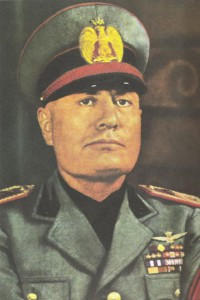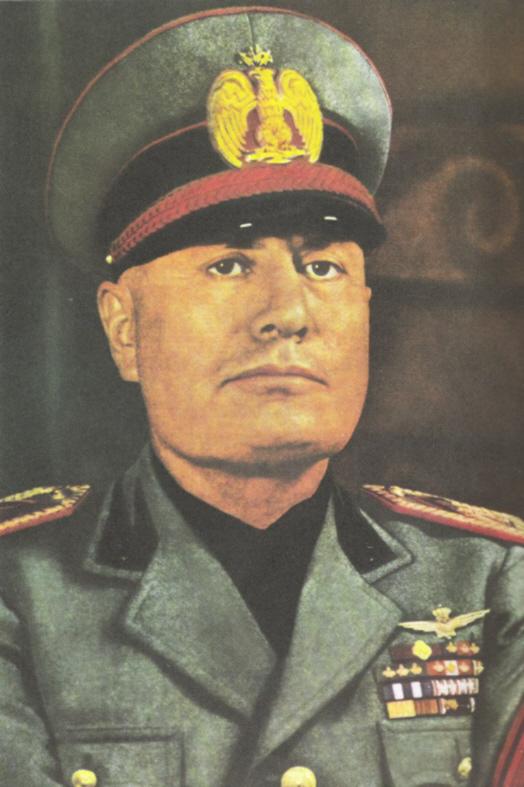 To Horace Meyer Kallen
To Horace Meyer Kallen
C/o Brown Shipley & Co.
123, Pall Mall, London, S.W.1.
Rome. April 6, 1930
Dear Kallen,
Your publishers, no doubt at your request, have sent me your “Indecency and the Seven Arts”, which I have been reading with a good deal of pleasure and amusement. It happens that I had just finished “Humanism and America”, so that I could particularly relish your onslaught on the prigs. Sometimes my pleasure in reading you is modified by a qualm of conscience, when I wonder if the example of my early writings could have encouraged you in your intellectual impressionism. It is an inevitable method up to a certain point, since in one sense all our ideas and convictions must have been once intellectual impressions— notions that simply occurred to one; yet there are degrees in the lightness with which we may pick up these views, and propose them as serious representations of the true relations of things. Perhaps I have become too systematic and too much disinclined to take up fresh notions; it is a hardness proper to old age; but it seems to me that you are not systematic enough, or at least not conscious enough of your latent system, and that your contentions would carry more weight if the reader were told clearly on what principles they rested. Mere inspection of the alleged facts leaves accidental impressions: one is conscious that almost anything else might have been said instead. For instance, you blame Mussolini for the absence of fresh art in Italy; but you say elsewhere that it takes ages for a society to reach genuine expression in the arts; and you might have said—unless your undisclosed first principles forbid it—that a disciplined society, that has admirable and definite artistic traditions, will naturally continue them automatically, as it will continue to speak its old language, and will positively discourage innovations. There is always variation enough imposed by circumstances: new beginnings in the arts are signs either of a previous total ruin or of fashionable impudence. Modern “art” is a matter of one foolish fashion after another. Why have any “art”? What you say about Russia interested me especially: there you feel more at home; and although I know nothing about what is actually brewing there, or what we may hope for, I think it is a splendid experiment. Lenin is as good as Lycurgus or Pythagoras. Let him have his way! Hurrah for a Russian ballet without religion!
Yours sincerely, G Santayana
From The Letters of George Santayana: Book Four, 1928–1932. Cambridge, MA: The MIT Press, 2003.
Location of manuscript: YIVO Institute for Jewish Research, New York NY.
